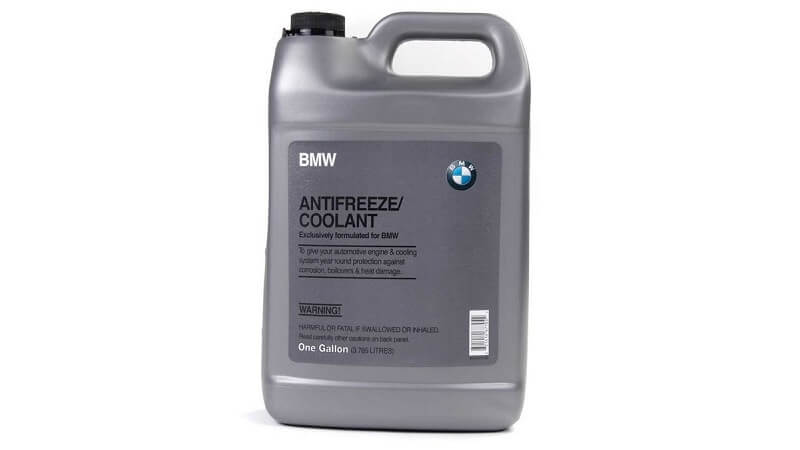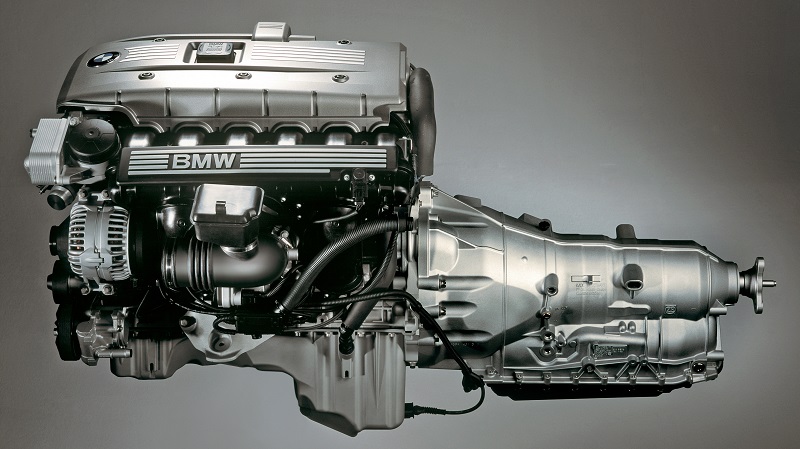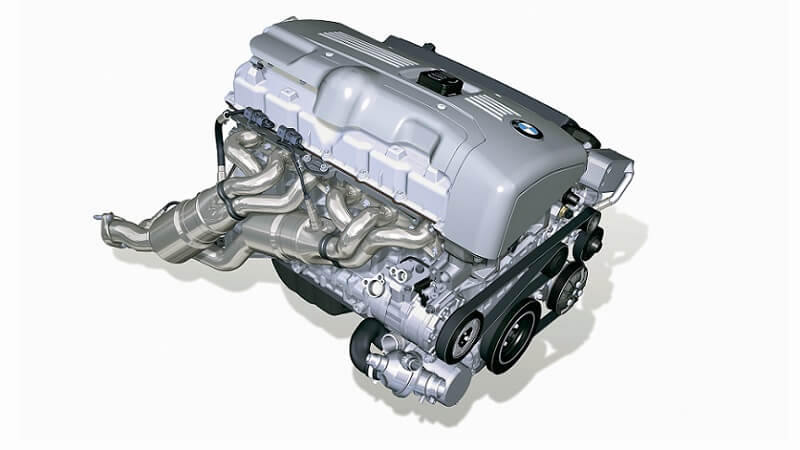Drifting — the art of intentionally oversteering your car, so the wheels lose traction and carry you into a (hopefully) controlled and glorious slide. If you’ve watched the likes of Ryan Tuerck or Ken Block perform the maneuver, you know it’s a spectacle you won’t forget. As with most things automotive, the only thing better than witnessing it is the ability to experience it yourself.
Technically, all you need is a rear-wheel drive car with decent power and the right skills to drift a car. However, having a purpose-built machine certainly makes it significantly easier.
One of the most popular machines used as a base for a drift car is the BMW E36 3-Series. There are several directions you can take your project, and this guide should give you an overview of all that’s possible. Here’s everything you need to know about building an E36 drift car.

Photo courtesy: Adolf Martinez Soler
Which Model Should I Use for a BMW E36 Drift Car?
Multiple models from the BMW E36 lineup, like the 318i, 320i, 325i, 328i, and M3, were sold in the North American market. You can build an E36 drift car using any of them as a base; however, we recommend opting for the 328i or the M3 for their more powerful engines.
Even the base BMW 318i will make for a pretty capable drift car if you’re on a budget. Its 1.8L inline-four engine produces a humble 114 hp and 124 lb-ft of torque, but that’s plenty enough if you make the right changes to the rest of the car. Plus, you should be able to get your hands on a pre-owned example for as low as $500! Sure, it will likely be in questionable shape, but you’re building a drift car — it doesn’t have to be pretty.
On the other hand, the 320i, 325i, 328i, and M3, feature inline-six engines with displacements ranging between 2.0L and 3.2L. If you can afford an M3, it’ll make for an exceptional E36 drift car with 240 hp and upwards of 225 lb-ft of torque from the stock engine. The E36 M3 is one of the most popular cars for a drift car build. In fact, if you attend a drift event, you will probably spot more M3s than standard E36 models.
At the end of the day, the most significant contributing factor is your budget. Nobody will expect your E36 drift car to be the most aesthetically pleasing machine you own, so getting your hands on one with a decently maintained engine and drivetrain should be your priority. Everyting else can be fixed for the most part. With a few other straightforward changes, you’ll be sending it sideways in no time.
What Changes Should I Make to Build an E36 Drift Car?
The changes you should make to turn your BMW E36 into a drift car depend mainly on how seriously you want to get into drifting. If you’re just getting started and are looking to learn the craft, just getting the bare necessities should suffice. You’ll always have the option to make more modifications as your skills improve. On the other end of the spectrum, if you’re looking to compete professionally, it makes sense to invest as much as you comfortably can into your build.
The Budget-Friendly Build
To start with an E36 drift car, the only substantial modification you will have to make is to introduce a welded differential. A differential is a system that essentially allows the outer wheels to spin at a different speed than the inner wheels on the same axle. While this improves steering control, it can be counterproductive on a drift car.
When the rear differential (since power is sent only to the rear wheels on the E36) is welded on your car, both wheels on either side of the same axle are restricted from spinning at different speeds. This will send your car into a slide much more quickly and make drifting significantly easier.
Now keep in mind that this is a makeshift solution that you can pull off on the cheap. Getting a quality LSD would be a much better long term option. However, a good LSD also costs a decent chunk of change.
While you have the option of welding the differential yourself or with the help of a professional, we recommend buying a 3.91 welded differential because it offers gearing ideal for drifting.
The downside to a welded differential is that it can be hard and truthfully dangerous to live with daily since it drastically changes your car’s handling.
A welded differential and a clutch that can handle the abuse are all you really need to get started with drifting. The best part is you can get these modifications done for as little as $100. Once you’re ready to invest a little more money, there are several other changes you can make to your E36 drift car.
The Not So Budget-Friendly Build

Photo courtesy: Dimitar Ivanov
Once you’re reasonably comfortable sending your budget E36 drift car sideways, you can invest in upgrading it to make it more capable. Since there’s so much you can do, we’ve split this section to include the changes you can make to each aspect of your car.
Engine
As we mentioned above, some models that sat towards the lower end of the BMW E36 portfolio, like the 318i and the 325i, can lack in the performance department. You’ll find that this is especially apparent on tracks with long, sweeping corners where you’ll need the power to hold a slide.
Luckily, there are several things you can do to squeeze out more power and torque from the engine. Simple upgrades like removing the catalytic converter by introducing a free flow exhaust should bring about a slight bump in output figures. For more substantial improvements, you can borrow some components, like the intake, exhaust, and camshaft, from the E36 M3.
Need even more performance and have the money to spare? Forced induction is the way to go. You can introduce upwards of 80 hp with a turbocharger or centrifugal supercharger.
Chassis and Suspension
One of the main concerns with turning the BMW E36 into a drift car is that the rear subframe and trailing arm mounting bolts are notorious for failing. You’ll find that most E36 drift cars feature reinforcement plates. You can secure the mounting bolts to a roll cage for a more robust build, which will set you back between $600 and $800. Strengthening the subframe is one of the first things you should do when you decide to spend more money on your project car.
Next comes the suspension, and a good set of coilovers will make all the difference. You can find several cheap options on eBay, but we advise you to steer clear of these as they often fail quickly. A high-quality set will cost around $1,200 to $1,400 but will last a long time. This is also an excellent time to upgrade the bushings and mounts to polyurethane units.
The next upgrade you can make is to the tires and wheels. A simple rule of thumb is to fit the largest possible tires that the front can hold without rubbing against the wheel arch. The rear tires can stay stock, but you can drop down to a lower profile if you want less grip (a good thing since you want reduced traction).
Another change you can make with respect to the wheels is to add an angle kit. An angle kit effectively increases the maximum steering lock angle on your car. The stock steering lock angle is about 30°, and an angle kit bumps that to about 60° for the same steering input. As you can imagine, this lets the rear of your car step out even more aggressively, allowing you to easily navigate tighter corners (and avoid slamming into a wall). A good angle kit carries a $700 price tag.
The Optional Extras
Drifting a car involves holding the engine at high revs for extended periods. Upgrading your cooling system — water pump, radiators, and hoses — will delay severe engine wear.
Lastly, you can equip your E36 drift car with bucket seats, a quick-release steering wheel, and a dedicated hydraulic handbrake. The bolstering on the bucket seats will keep you from sliding around too much, while the steering wheel and handbrake will make it notably simpler to break into a slide.
Is It Worth Building a BMW E36 Drift Car?
At the end of the day, the BMW E36 is an excellent platform for building a drift car, irrespective of whether you’re just getting started or if you’re a seasoned professional. What makes it such a perfect choice for beginners is that you can put together a basic rig for under $1,000 — that’s including the cost of the car!
Putting together your E36 drift car can be a comprehensive process, and you’re bound to need more parts than you initially anticipated. At Bimmers.com, we’ve put together an extensive catalog of OEM and aftermarket spares from reputed names in the industry. Head over to our website, enter the model and year of your Bimmer and look at all the parts we have available.





